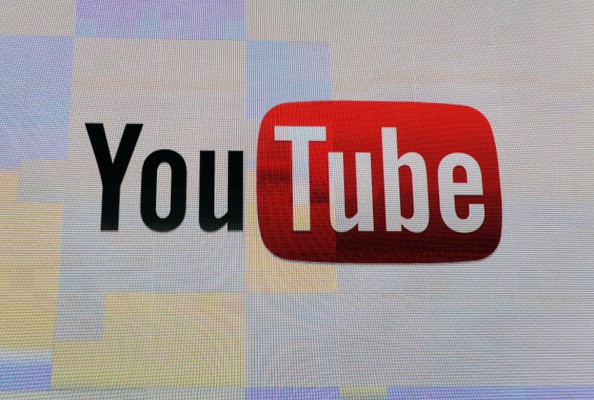YouTube was banned for three years in Turkey on the grounds that certain videos were insulting to Mustafa Kemal Atatürk, the modern republic’s founder, or to “Turkishness”, write Funda Ustek and Irem Kok.

The case
Between March 2007 and November 2010, YouTube was banned in Turkey following decisions by local courts in Istanbul, Ankara and Sivas on the grounds that certain videos were “insulting Mustafa Kemal Atatürk” and “Turkishness“, both offences under the Turkish penal code. The ban was part of a sweeping law passed in 2007, which gave the government the authority to ban any website on the grounds of committing eight crimes, among which child pornography, gambling, prostitution and “crimes against Atatürk” are listed.
The video clips leading to the YouTube ban portrayed Atatürk and Turks as homosexuals. This also resulted in a Greek-Turkish cyber conflict on YouTube through the user comments under these videos, where individuals from both countries posted hostile comments against each other.
During the period YouTube was censored, many Turkish users tried to access the website by playing with their proxy settings or using proxy server websites. Circumventing the ban became a publicly-known phenomenon along with the proliferation of web-based accounts of how to adjust proxy settings to access banned sites. The know-how clearly extended to the highest levels of the state: in response to reporters’ questions on the court’s ban on YouTube in November 2008, Prime Minister Recep Tayyip Erdoğan said: “I can access [YouTube], you do it, too.” In June 2010, President Abdullah Gül publicly declared his disapproval of the YouTube ban via his Twitter account and instructed state officials to return access. The ban was lifted in October 2010, but briefly reintroduced in November of the same year. As of January 2012, YouTube was not banned in Turkey.























reply report Report comment
This is yet another example of Larry Page quote “Government is the biggest threat to internet”.
reply report Report comment
Iako je cilj ispravan,sredstvo nije. Svakim ukidanjem i zbranom se postize samo kontra-efekat. Nijedan vid konzervatimizna i diktature nije dobrodosao u 21. veku. Uzgred,onaj ko zeli da se ogresi o veru ili drzavu nacice nacin da to i ucini.
reply report Report comment
Turkey is a country that follows a strict censorship against any insult toward turkishness or political extremism.Precedence over domestic law,such as censorship,is led by domestic and international legislation.There were great number of reports of human rights problems and abuses in Turkey.The overly close relationship between judges and prosecutor became a probleme to get fair trials.The government limited freedom of expression and freedom declined during the year.The concern then is not the Youtube,which is a big source of informantion,and indeed the government that has to make up inside first,to be well viewed outsite.Banning Youtube is not a solution.
reply report Report comment
I can understand the traditional values that Turkish government is trying to protect, as I come from a country that is not ‘westernized’ yet, and I would never want someone to desecrate my history and my values. But on the other hand, one should be ready to stand up and respond to those provocations in a way that does not automatically exclude the entire country from youtube. An individual should be able to decide whether he or she would want to continue using the website or not.
reply report Report comment
I think this banning policy of countries will be a big barrier for free speech in the future. There is no world-wide law that can compensate for filtering context in a web page. This situation will be perceived as a national security matter which will result in a very profitable business model for the tech companies which already provides main internet infrastructure.
reply report Report comment
Filtering contentious videos on YT rather than YT as a whole is certainly possible, but this requires more sophisticated and expensive technology. They seem to have taken the cheap and easy way out in 2007.